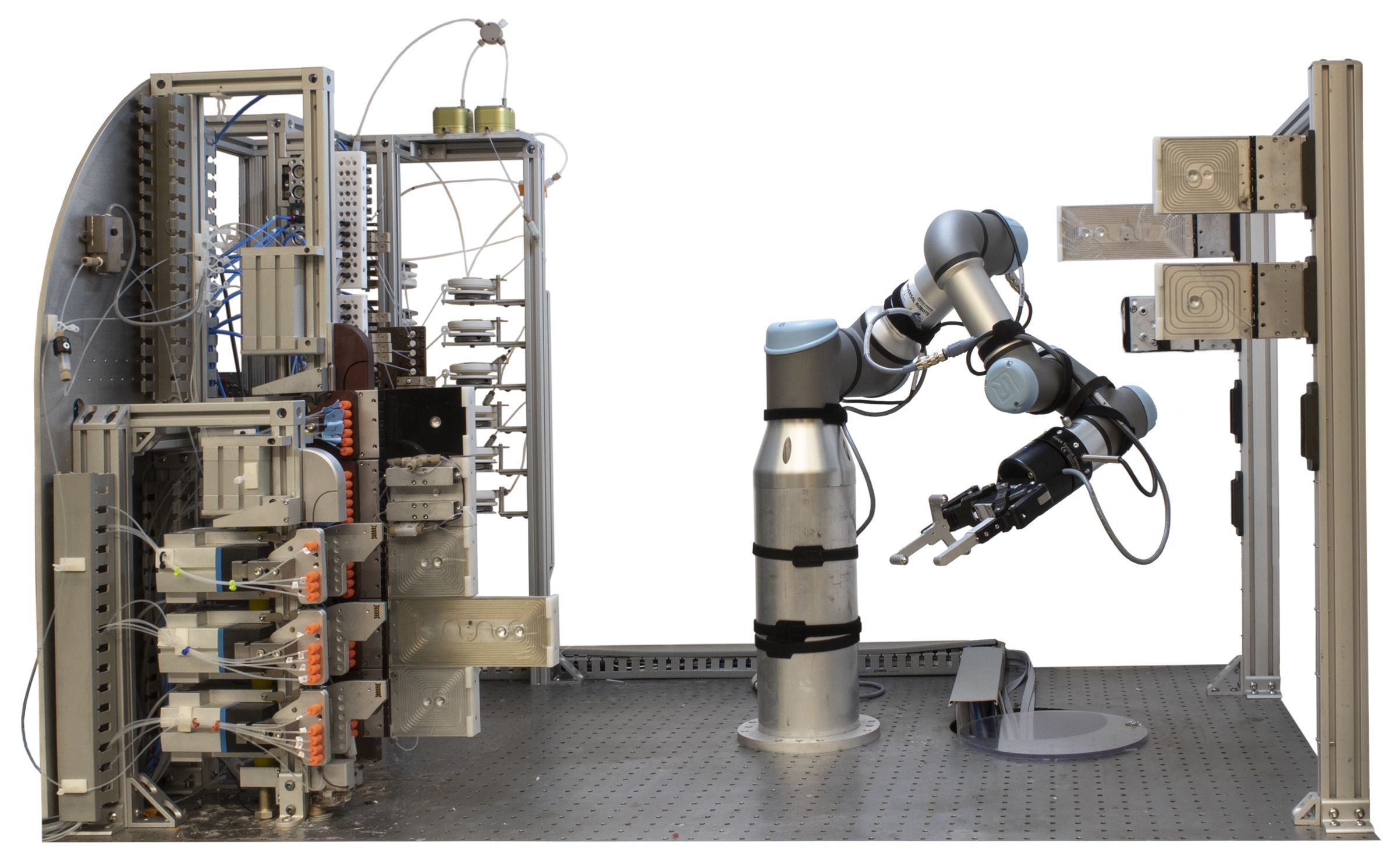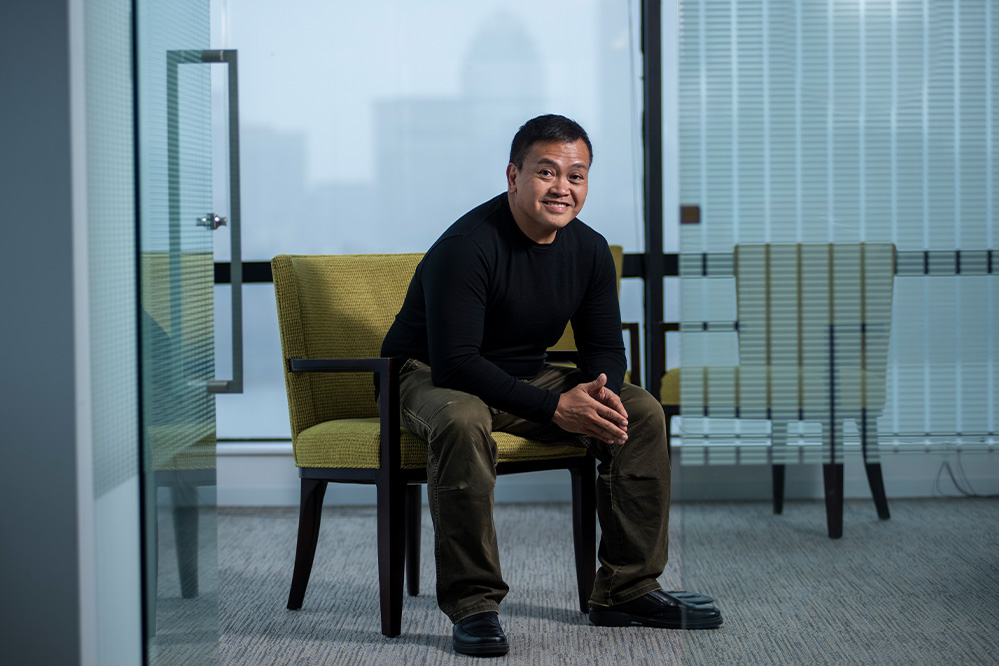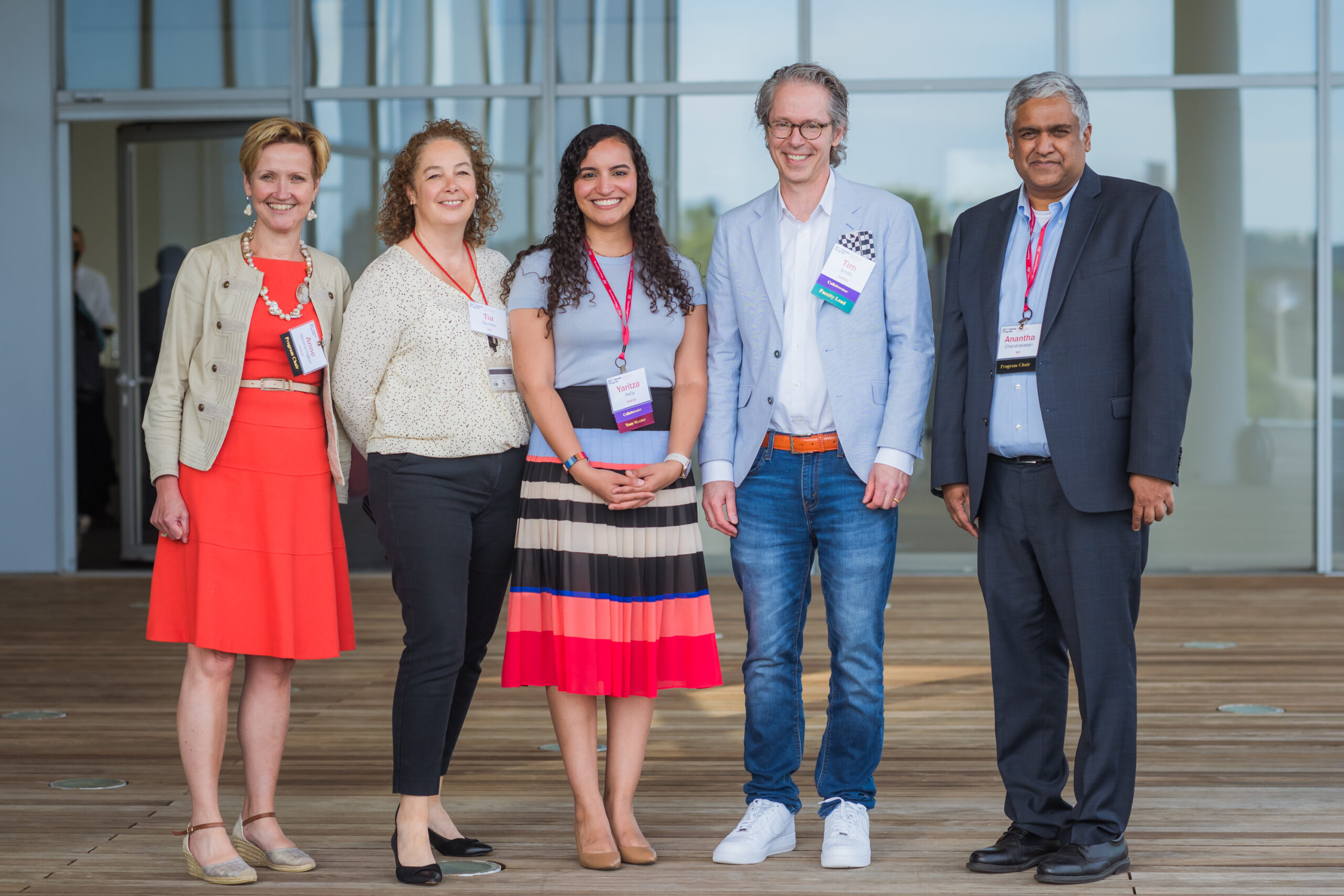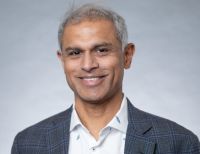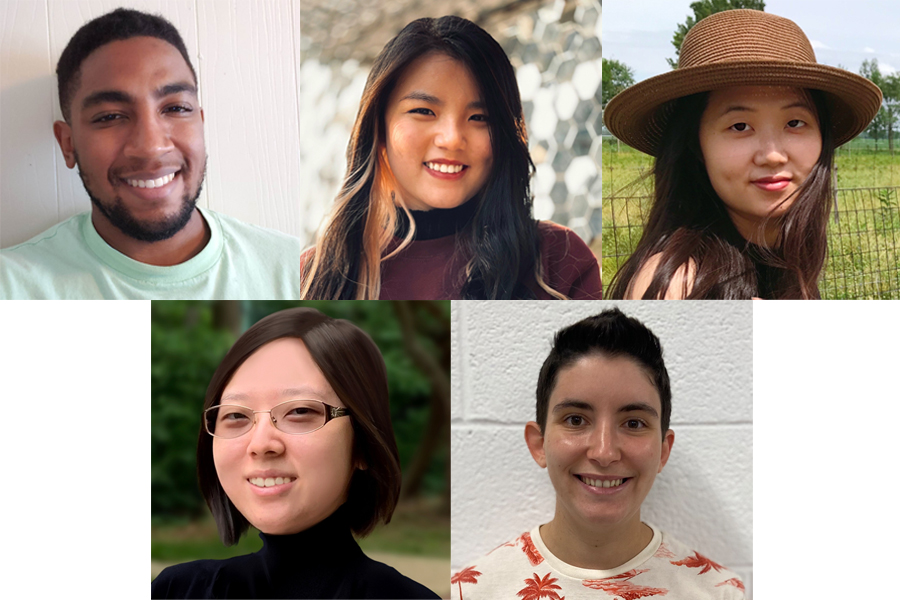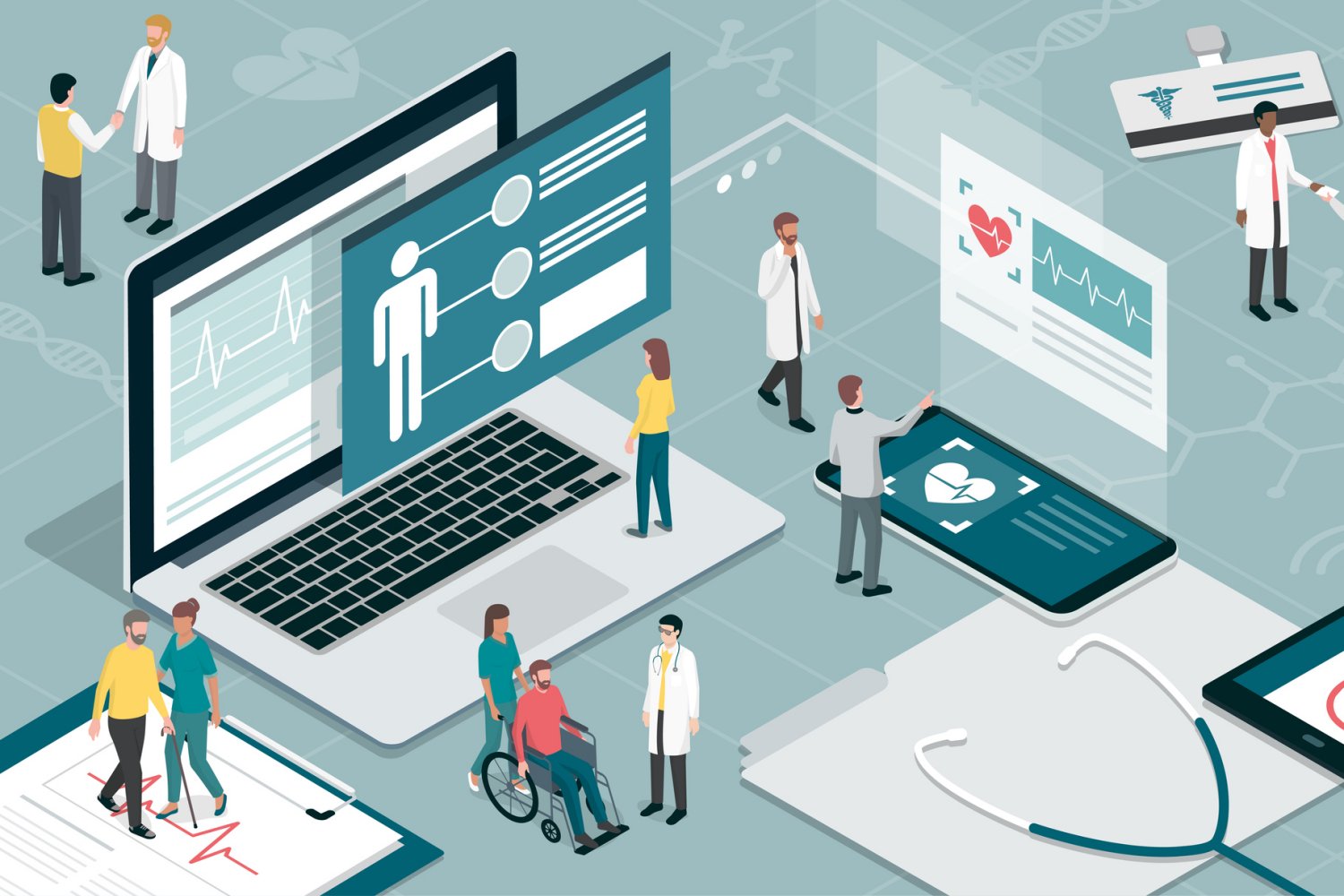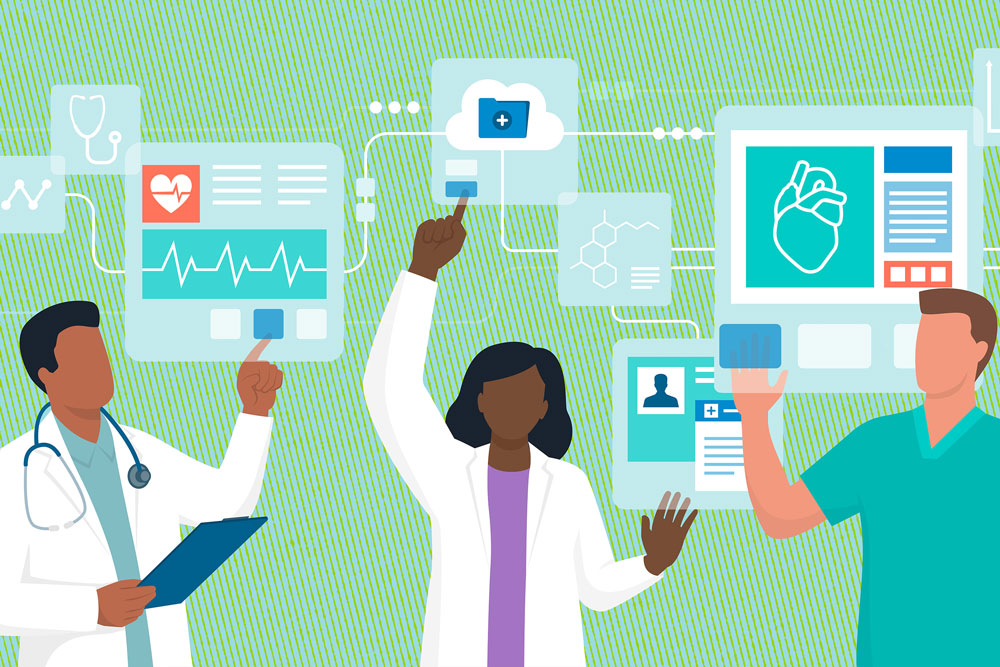How an archeological approach can help leverage biased data in AI to improve medicine
The classic computer science adage “garbage in, garbage out” lacks nuance when it comes to understanding biased medical data, argue computer science and bioethics professors from MIT, Johns Hopkins University, and the Alan Turing Institute in a new opinion piece …
